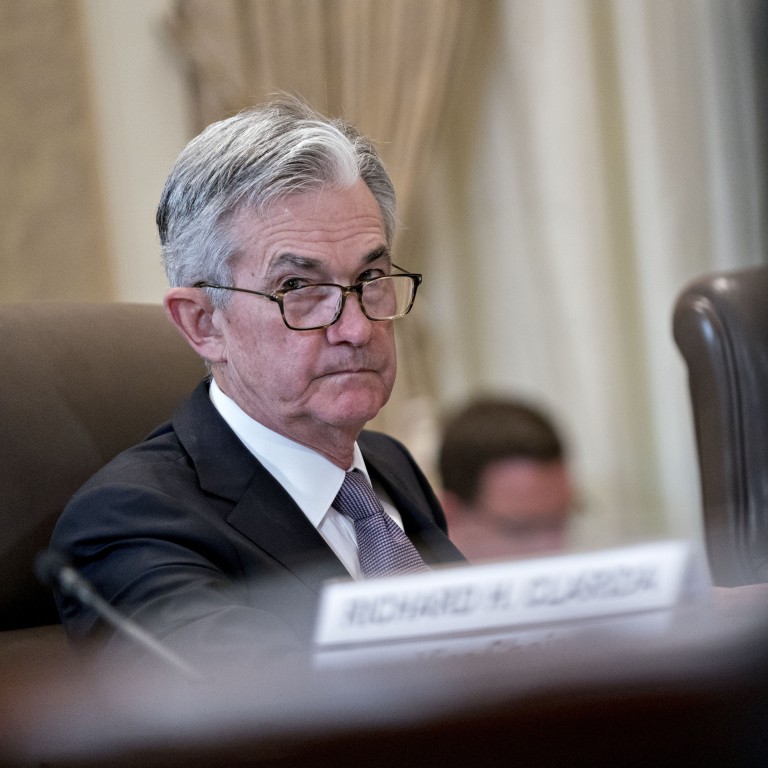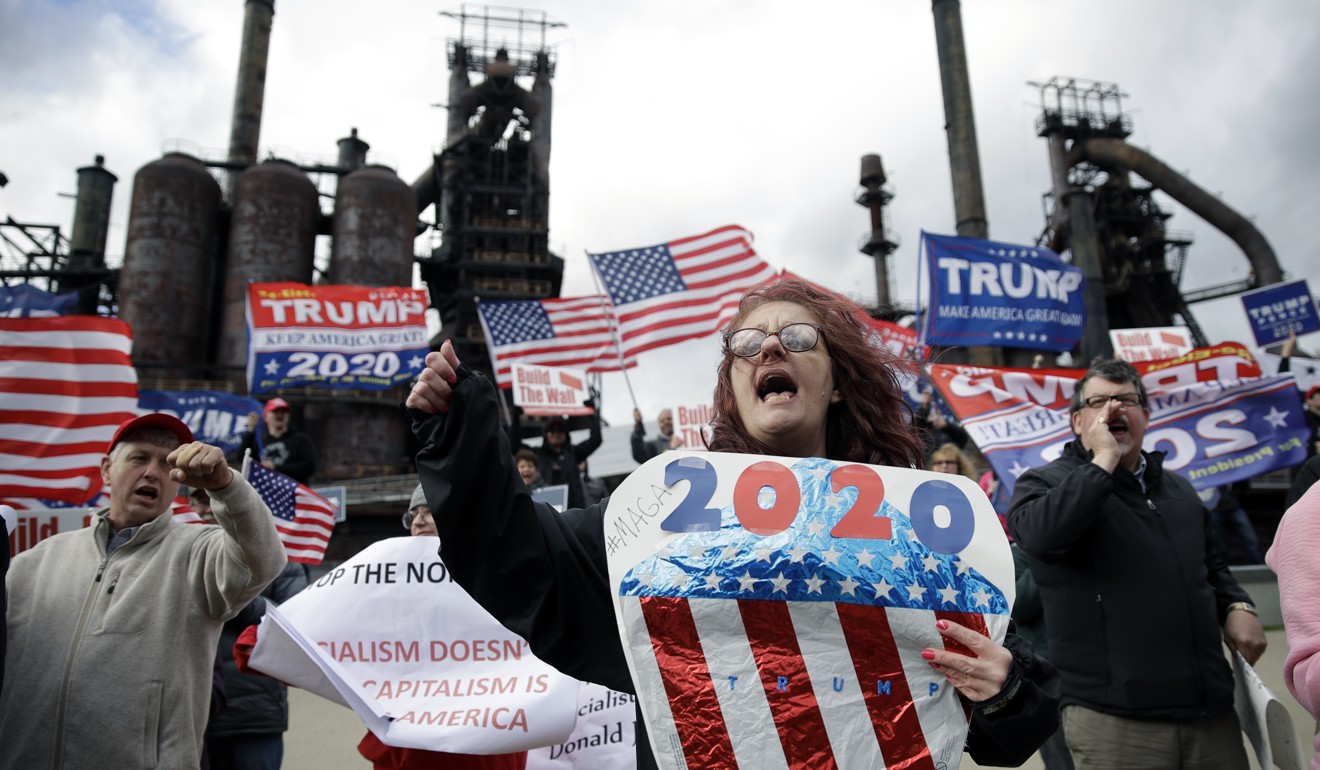
Donald Trump, Bernie Sanders and Alexandria Ocasio-Cortez are all wrong. The US needs an independent Fed
- The stability of the global financial system depends on the sound policies of an independent Fed. The president’s criticism and the push by some Democrats for a monetary system that would undermine the Fed’s role are unwise
For many years, global investors took an independent US Federal Reserve as a given. The central bank’s autonomous dedication to achieving price stability and full employment in the US provides an anchor of stability to the US dollar and the global financial system.
The president’s focus on the stock market as a metric of his performance and the desire to win re-election in 2020 probably explain his unusual political pressure on the central bank.
Meanwhile, some Democrats are also advocating policies that could potentially undermine the central bank’s role.

MMT essentially suggests that the government can keep spending on projects, such as building hospitals and schools, without worrying about accumulating too much debt.
This is because the government can simply print the money needed for such spending. If inflation starts to get out of hand, the government would raise taxes to cool things.
This school of thought has received widespread criticism from mainstream economists. Undisciplined money printing would essentially disable monetary policy.
Money would be created depending on what the government wants to build, instead of a valve controlled by the central bank and cascaded through the financial system.
This would make a currency worth less, or even worthless, because of the collapse in the US dollar against other currencies.
This also assumes that the government would be efficient in implementing projects and contractors would not overcharge, when they see policymakers have boxes of blank chequebooks.
When inflation accelerates, this assumes the government has the political will to raise taxes to cool the economy. This is wishful thinking.

MMT advocacy by senior politicians and potential presidential candidates reflects their lack of understanding of a central bank’s role in the economy and financial system.
This is partly because the Fed has failed to achieve its inflation target for too long, while also playing an outsized role in driving the economy, leading to distorted expectations.
Central bank independence is a global issue. Given the dominance of the US dollar in the global financial and payment system, eroded confidence in US monetary policy could undermine global stability.
In smaller markets such as Turkey, obvious political interference in monetary policy has had significant implications for the currency. But the US dollar is clearly not the Turkish lira. It is the most important currency in the world as a store of value and medium of exchange.
Watch: The Fed’s 2017 rate hike
If politicians get their way and the Fed were to cut rates and print more money to buy government bonds, this would lead to further asset inflation and the risk of bubbles.
The aftermath of bubbles bursting would be hard to recover from, since the Fed wouldn’t have the tools, or the credibility, to kick-start growth again.
This is why we should pay attention to the Fed’s ability to continue to do its job without back-seat drivers shouting out instructions.
Tai Hui is chief market strategist for the Asia-Pacific at JP Morgan Asset Management

